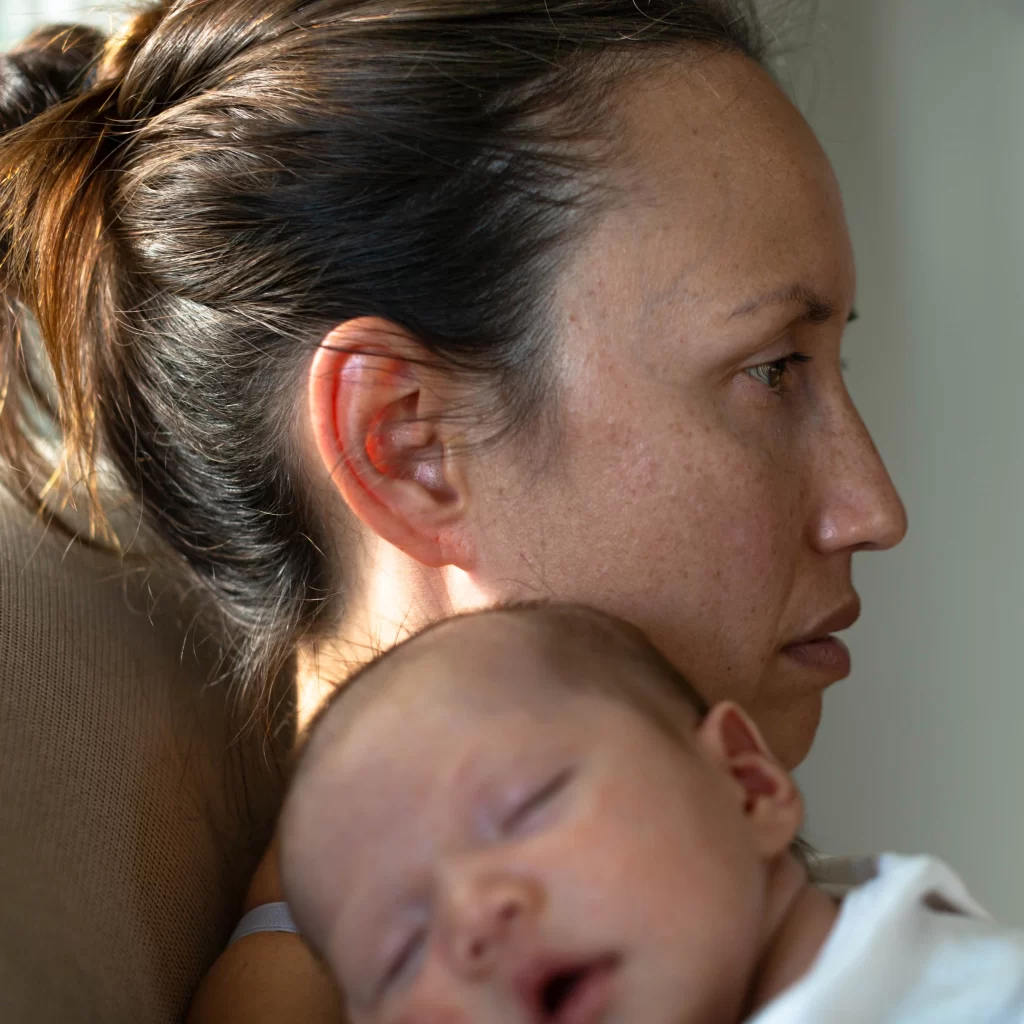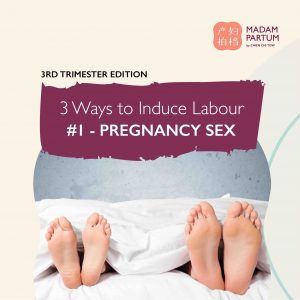
Lifting Facial Treatment
Lifting Facial Treatment for V-Shaped Face and Wrinkles As women age, the skin naturally loses
“I Didn’t Expect to Feel This Way”
For many new mothers, the journey into parenthood brings a mix of emotions – joy, exhaustion, wonder, and overwhelming responsibility. Yet, for some, this journey also brings feelings that are unexpected, confusing, and deeply isolating. Postpartum depression (PPD) affects an estimated 10% to 20% of mothers in Singapore, according to studies by KK Women’s and Children’s Hospital and the Institute of Mental Health. Despite being common, it remains under-discussed and often misunderstood.
Raising awareness about postpartum depression begins with understanding it within yourself and within your support system. We hope that by empowering Singaporeans with the knowledge and skills to recognise signs and provide meaningful support can bring more mothers to seek help when it’s needed.
Postpartum depression doesn’t always manifest as extreme sadness. Often, it appears as emotional numbness, anxiety, irritability, or an overwhelming sense of inadequacy. Many mothers find themselves wondering:
These emotions can feel deeply isolating, especially when social expectations paint motherhood as universally joyful. But the reality is, postpartum depression is not a reflection of one’s ability or love as a mother—it is a medical condition, and it is treatable.
It’s important to know that not all emotional struggles after childbirth are signs of postpartum depression. Many mothers experience what’s known as the “baby blues”, a temporary period of mood swings, tearfulness, irritability, and anxiety that typically begins within the first few days after birth and resolves on its own within two weeks.
This period is typically when mothers are still adjusting to their new role and responsibilities. For first-time mothers, navigating unfamiliar routines like round-the-clock breastfeeding, can be physically and emotionally draining. Even for experienced mothers, the exhaustion from sleepless nights and the difference in energy levels compared to their previous postpartum experience can be overwhelming, leading to emotional fluctuations and fatigue.
Baby blues are common, affecting up to 80% of new mothers. Symptoms may include:





While baby blues can feel intense, they usually subside without medical intervention. However, if these feelings persist beyond two weeks, intensify, or interfere with daily functioning, it may be a sign of postpartum depression.
Self-Checklist
If you are a mother who has recently given birth and have felt “off” for more than two weeks, consider the following signs:
Thoughts of self-harm or wanting to escape
You may think about running away, disappearing, or feel that your baby or family would be better off without you. These thoughts are serious and a sign to seek immediate help.
This list is not exhaustive, but if several points resonate, seeking help is an important next step.
How Loved Ones Can Help
Postpartum depression often goes unnoticed because many mothers hide their emotions to avoid judgment or “burdening” others. This is where support from loved ones becomes crucial.
Follow up regularly. Show that your support isn’t a one-time offer, but a continued presence she can rely on
A better approach would be to acknowledge both realities: “It’s okay to feel overwhelmed, even when everything looks good on the outside. How are you doing?”
A better alternative could be: “It might feel like a phase, but if it’s weighing on you, we can look for help together. You don’t have to go through this alone.”
A more supportive response could be: “Hormones can definitely affect how we feel, but if something doesn’t feel right, I’m here to support you through it. Do you want to talk about it?”
A better alternative would be: “Every mother’s journey is different. What you’re feeling matters, and I want to be here for you.”
If you or someone you know may be experiencing postpartum depression, professional support is available.
Specialist Clinics and Services:
KK Women’s and Children’s Hospital – Women’s Mental Wellness Services
Contact Details
Telephone: 6294 4050
Email: pnd@kkh.com.sg
Operation Hours
Mondays – Fridays: 8.30am to 5.30pm
Saturdays: 8.30am to 12.30pm
Not available on Sundays and public holidays
National University Hospital (NUH) – Women’s Emotional Health Service
Contact Details
Telephone: 6772 2037
Email: wehs@nuhs.edu.sg
Operation Hours
Mondays – Fridays: 8.30am to 5.00pm
Not available on Saturdays, Sundays and public holidays
Clarity Singapore (for mental wellness, including maternal mental health)
Contact Details
Telephone: 6757 7990
Email: ask@clarity-singapore.org
Operation Hours
Mondays – Fridays: 9.00am to 5.30pm
Not available on Saturdays, Sundays and public holidays

Experiencing postpartum depression does not mean you are weak, ungrateful, or failing as a mother. It means you are human and like all health conditions, mental wellness deserves attention and care.
If you’re reading this and seeing yourself in these words, please know that there is support, healing, and light ahead. And if you are a loved one of someone who may be struggling, your patience, empathy, and presence can make a world of difference.
You are not alone.

Lifting Facial Treatment for V-Shaped Face and Wrinkles As women age, the skin naturally loses

Unlock Your Ideal Shape with Madam Partum’s New ShapeUP Services Rediscover your confidence with Madam

Nearing your EDD but no signs of labour yet? Try pregnancy sex, as long as